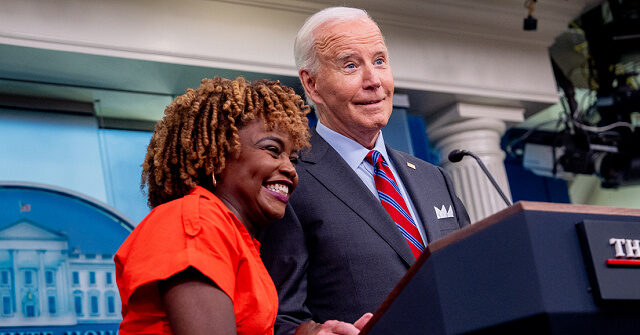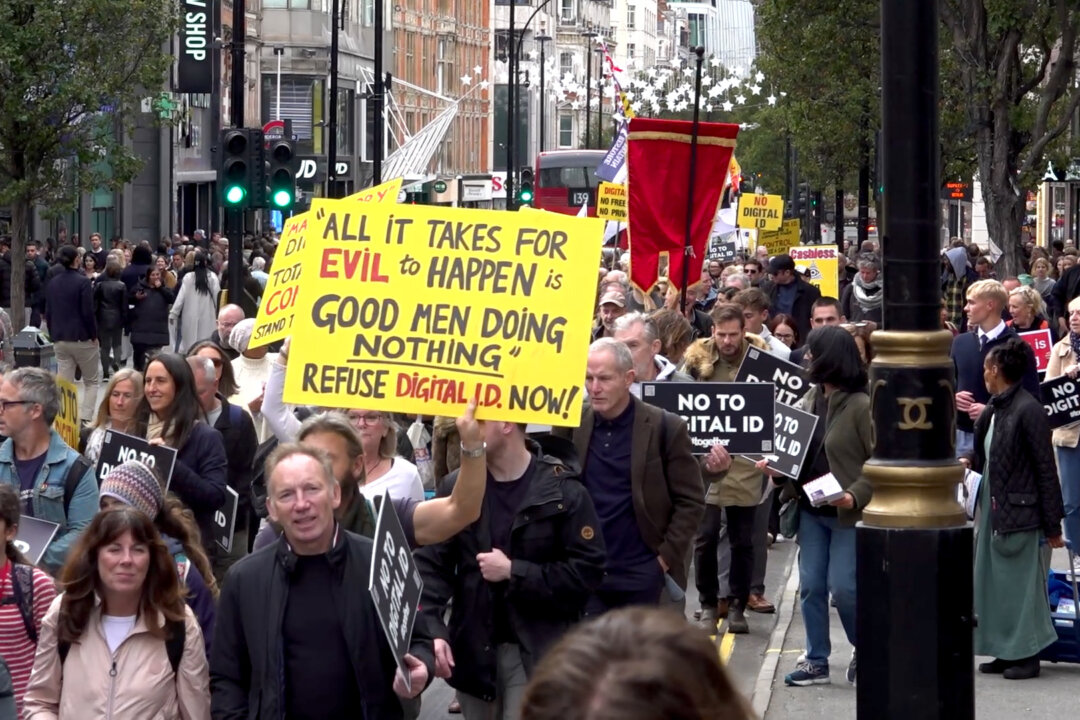
www.thehistoryblog.com
Peebles Hoard features tin-enriched bronze
The initial cleaning of objects in the Bronze Age Peebles Hoard discovered in Scotland five years ago has revealed a rare silvery surface, not the deep golden or greenish-brown patinas usually seen in ancient bronze. This silver sheen is almost completely unknown in artifacts from Bronze Age Britain, an era when silver itself was not in use.
The first bronze object from the hoard was discovered by a metal detectorist in June of 2020, who thankfully alerted archaeologists instead of attempting to dig up the rest on his own. His conscientiousness made it possible for the entire hoard to be removed in a soil block for micro-excavation in laboratory conditions, preserving the incredibly rare surviving original leather harness straps and complete wooden scabbard.
After four years of painstaking excavation and analysis, more than 500 bronze objects dating to 1000-800 B.C., an agglomeration of artifacts so diverse it has no parallel in Europe. It includes some of the earliest examples of bronze objects made using the lost-wax casting technique in Scotland. National Museums Scotland was allocated the hoard in 2024 through the Treasure Trove process and launched a crowdfunding campaign to raise money for its long-term conservation and study.
Conservation work began this year. Every individual piece was documented, cleaned and stabilized. With more than 500 objects in the hoard, the process is expected to take three years to complete. Thick layers of dirt and corrosion materials have to be painstakingly removed with surgical precision.
Conservators found as they exposed the original surfaces that several of the objects had an exceptional silver luster. X-ray fluorescence analysis revealed a percentage of tin in the alloy, which is the source of the silvery color.
This likely suggests that a rarely observed technique was used in the creation of the Peebles Hoard. Rather than tin plating or tin dipping, this probably represents a deliberate surface enrichment of the bronze where the tin was drawn to the surface. It is a remarkable and rarely observed process from Bronze Age Britain that requires more work to understand.
It ultimately reinforces the spectacular nature of the objects in the Peebles Hoard. In a world of bronze, it would have gleamed with a rarely seen silvery-ness. The objects were signs of exquisite craft, status and wealth.
The museum is still raising funds for the ongoing conservation. They’ve reached 80% of their target of £200,289 ($269,000), so the goal is in sight. If you’d like to help get them over the line, click here to donate. You can see the kind of meticulous detail work you’d be contributing to in this time-lapse video.
















